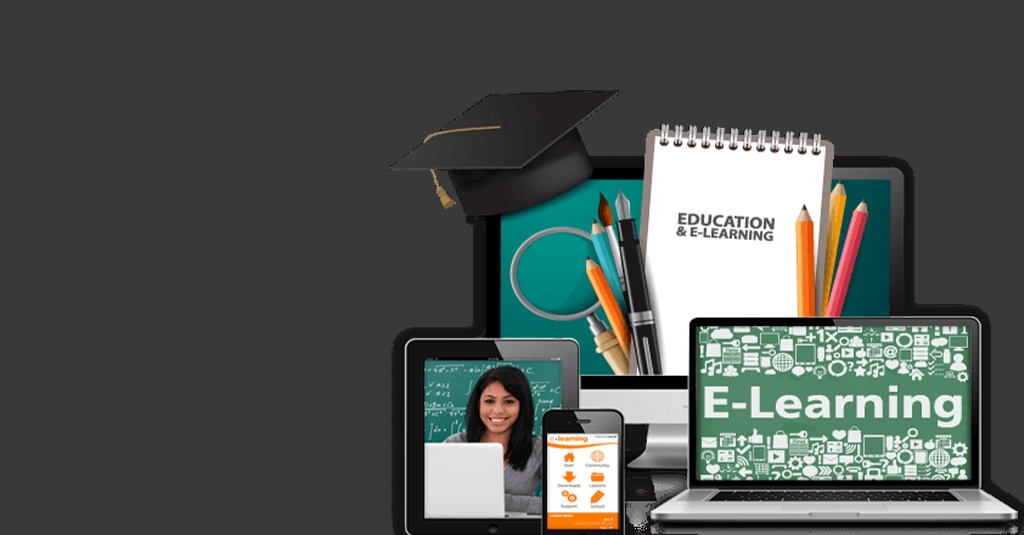With changing technologies, the expectations from online learning are evolving as well. While until a few years ago, e-learning was simply making learning available and accessible to learners. But today, learning professionals want more out of the learning experience than just bland and boring information. The trend of studying learner analytics to create online learning that evolves to provide learning as per the needs of the learner is now gaining speed in the learning industry. Here are some ways that online learning can turn adaptive and provide pertinent learning:
- By studying learner analytics, learning managers can understand the ways that an e-course impacts the learner. With online learning management systems, it has always been possible to monitor and store learner responses within the course. But with advanced learner analytics technology, it is now possible to record how much time a learner spends on a page, how many external links he or she clicks within the course, how many times does he or she refer to a course. This gives a comprehensive report on the efficacy of the course – which emerges from different experiences within the e-course and not just the result of a quiz or test, which measures retention.
- From the exhaustive learner data, it is also possible to identify if an e-course or a portion of an e-course is not working very well. So, if the learners are taking too much time over a portion or just skipping it due to disinterest, that section can be revised and redesigned. Instead of revising the entire course, developers can quickly change the content to create ‘adaptive’ learning for the new-age learner. The changes make a remarkable change in how the e-course is received by the learner and the participation automatically increases as well.
- From the exhaustive learner data, it is also possible to identify if an e-course or a portion of an e-course is not working very well. So, if the learners are taking too much time over a portion or just skipping it due to disinterest, that section can be revised and redesigned. Instead of revising the entire course, developers can quickly change the content to create ‘adaptive’ learning for the new-age learner. The changes make a remarkable change in how the e-course is received by the learner and the participation automatically increases as well.
- Newer technologies ensure that comprehensive learner data can be transferred from the online learning management system to the other systems within the organization, for instance the HRMS. This helps in creating better compensation packages and takes supportive measures for employee retention as well.








